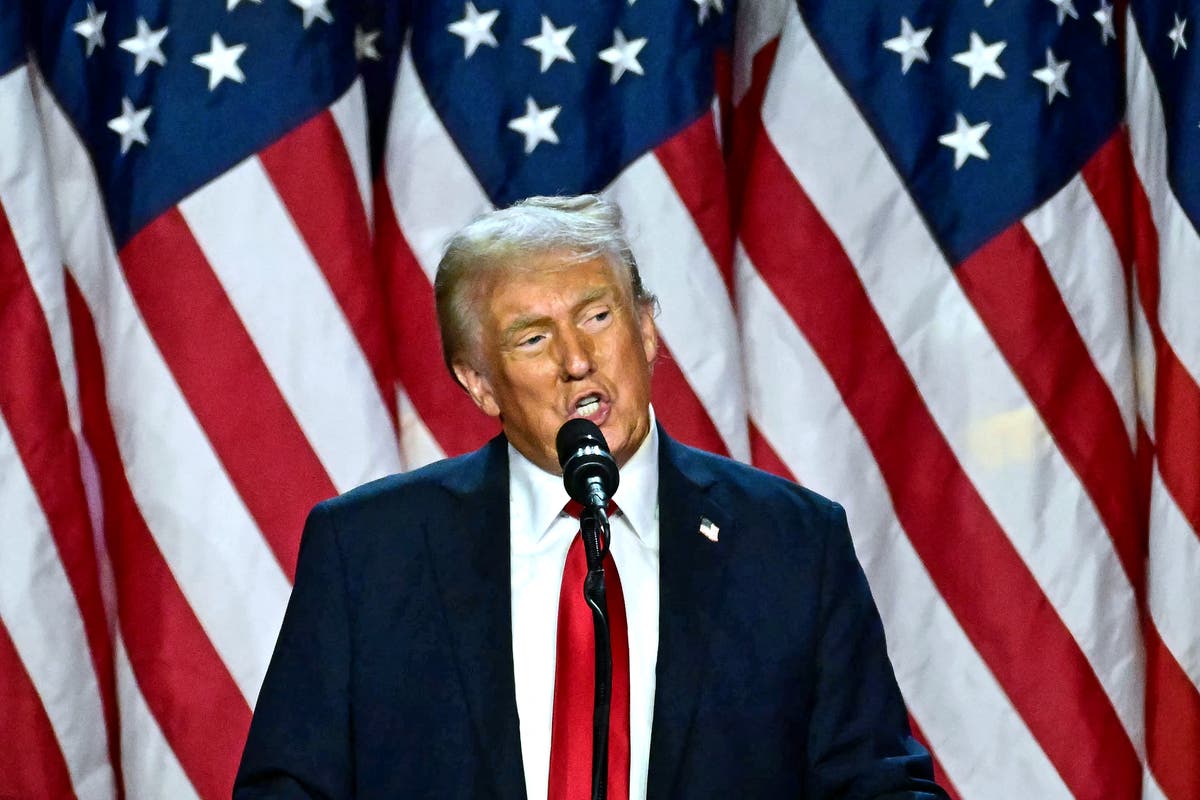Tech
Tech war poll shows ‘China against the world’ while US in ‘commanding position’

The survey found that nearly 80 per cent of the business leaders expected the global technology industry to split into “two separate supply chains to serve the respective US and mainland Chinese markets”.
Nearly 40 per cent of the surveyed executives said they planned to concentrate their resources on the US-aligned supply chain, while 15 per cent of respondents said they would prioritise the China-aligned one.
Christopher Thomas, chairman and founder of Integrated Insights, said the report “tells a difficult story for China” – one that pits “China against the world” while the US and its allies have “a commanding position”.
“No one knows the future of these industries as execution is critical,” Thomas said. “But it’s clear that ‘in China for China’, the self-sufficiency story, is among the most difficult of strategies to deliver.”
Cutting-edge technologies, particularly semiconductors, have emerged as a critical battlefield in the strategic competition between the US and China – the world’s two biggest economies and defence spenders.
The survey comes as a top Chinese chip gear maker announced on Friday that it had sued the Pentagon in a US federal court for adding it to a military blacklist.
The US Chips and Science Act, now entering its third year, earmarked US$53 billion in subsidies for chip makers in the US. It prohibits funding recipients from significantly expanding semiconductor manufacturing capacity in “foreign countries of concern” – including China – for 10 years.
The Biden administration is expected to unveil a new policy as soon as this month to further limit Beijing’s access to machines and software that contain American inputs and are used to make the most advanced chips.
Still, many US allies – including Japan, the Netherlands and South Korea – are expected to be exempted from rules blocking equipment shipments to certain semiconductor factories in China.
Beijing has increased its state support for the country’s chip-making capabilities, adding about US$48 billion in a third instalment to a national semiconductor fund three months ago.
Despite the intensifying tech rivalry, the survey found that “geopolitical concerns are not omnipresent in corporate decision-making”, and two-thirds of respondents viewed their local governments’ policies as positive for the semiconductor industry.
The poll found that 28 per cent of companies in the chip sector planned to split their business into separate supply chains to serve the US and mainland Chinese markets, while 20 per cent of firms were not taking any measures to “de-risk” their supply chains.
Over half of the respondents said they would take specific “de-risking” moves without a full supply chain split, with mainland Chinese company executives reporting they would be most likely to change manufacturing locations and to add more Chinese suppliers.
Respondents overwhelmingly expected that it would take at least five years for the two “mostly separate” US and China supply chains to stabilise.
The report also showed that four out of five semiconductor companies in the survey viewed their current playbooks as insufficient for the artificial intelligence era, while more than 70 per cent of firms had not yet started executing their new global strategies.










